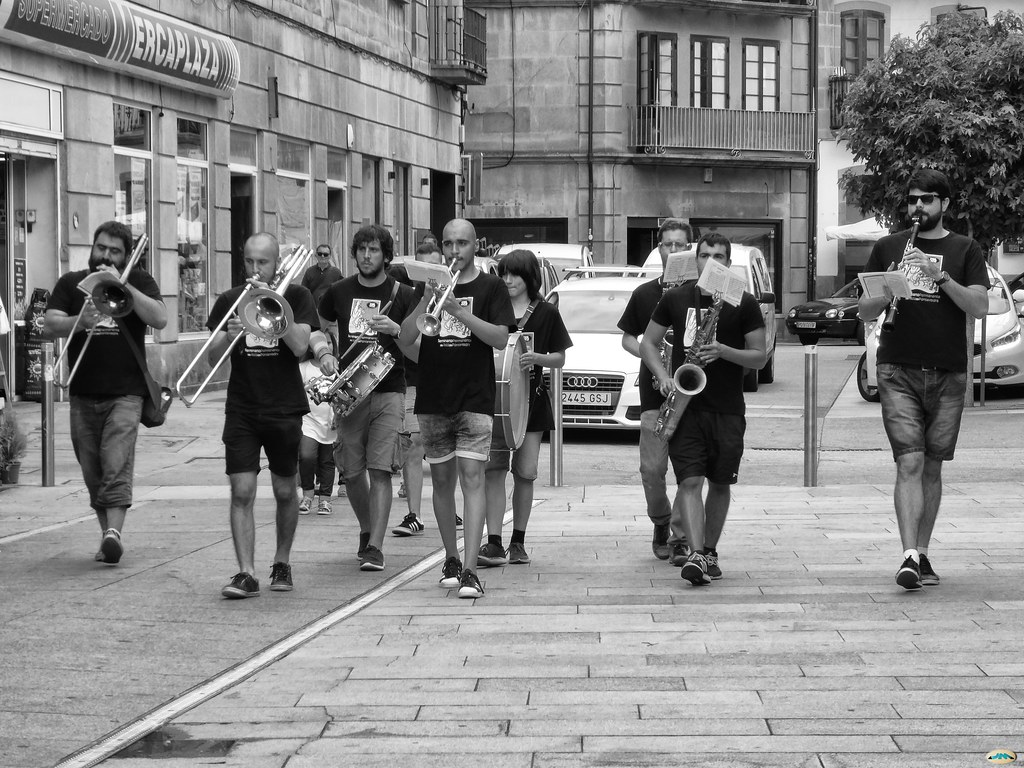Promoting your work experience – Communication
In the second of this series on breaking down key skills and providing evidence of them, we look at communication. On the surface this can look easy… we all communicate in some way or other. However it is how this skill can be shown to a prospective employer in the application process that concerns us, here in this blog. We are encouraging you to focus on examples from work experience so volunteering, placement and any other jobs. But of course feel free to recall any examples from any experiences that may help.
So here are some questions to get you thinking about how you used communication in the past in a work setting.
Communication falls into distinct areas, for example verbal, non verbal and written. Consider also other aspects of communication such as tone and pitch of voice, body language ( non verbal) and how these are used.
If we cover verbal first, choose a time when you needed to communicate effectively in a work setting.
- Consider where you were and what were you doing? Were you in discussion with a group of people or an individual ? How many were involved?
- What was the purpose of the conversation?
- Were you working with people with particular communication needs?
- If you just with one individual in a ‘one to one’ did they need particular help?
- Or was someone making a complaint or did they have an issue that was tricky to resolve in some way?
- How did you deal with this?
- Did you manage to sort out the issue or did you feel it necessary to ask another member of staff to get involved?
- How was it resolved?
We are straying into other connecting skills with some of this as customer service, negotiation and persuasion however you can see how other skills can overlap. Keep this in mind when you need to show other skills. One example of something you did may show multiple skills. However don’t keep recycling the same example to provide answers to multiple questions. Mix it up using as many different examples as you can.
Back to examples of verbal communication which could be making a presentation to other employees,a pitch to an external customer or client, getting involved with a recruitment day, sitting in on a board meeting and representing your team or section in some way. Can you think of others? You should be able to piece a good selection together from any work experience.
If written communication is being asked for then again consider the setting and what you did – I have used the STAR acronym ( Situation, Task, Action and Result ) to help break this down.
Situation
- Where were you and what were you doing? Give some general context and background.
Task
- What were you asked to write?
- A report, a pitch, an article, some content on a social media platform? Or any other written form of communication.
Action
- Did you produce the content alone or with others? If with others how did you reach a consensus of how it was going to be written and possibly presented ?
- Did you add visual content? If so why?
- What guidance were you given? If you were who gave you assistance? Did you manage to keep it succinct yet containing all key points as needed? Was there a word limit ? Did you need to edit it? Editing is a key and valuable skill.
- What and how much research was involved? Again research is another skill.
- Did you need to meet a deadline? So time management too.
- Who was the audience?
Result
- How was the written communication delivered and received?
- Was it published and could you show this to an employer? Could you provide a link to it on your CV?
- Again try and analyse your work and think , was it effective and well received. if I worked on something similar in future how might I improve this?
Hopefully this has helped you dig a bit deeper into communication skills. Look out for more in the series.
There is also a lot of coverage of graduate employability skills on the University of Brighton careers website.
![]() juantiagues via Compfight
juantiagues via Compfight
